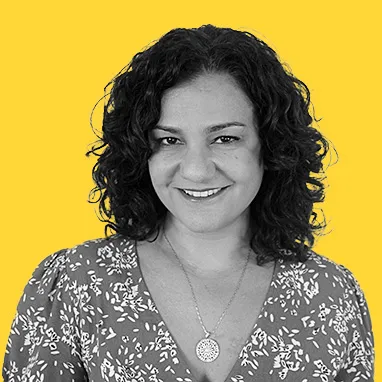You can’t control your age. And you can’t control your genes. But you can control some of the things that affect your chances of deep vein thrombosis (DVT) through the foods you choose.
The Weight Connection
Being overweight or obese puts added pressure on the veins in your pelvis and legs, and it more than doubles your chances of DVT. A healthy diet will help you manage your weight as it helps you control inflammation and blood pressure, two things that affect your chances of developing a clot.
What to Eat
In many ways, the foods that help prevent DVT are the same foods recommended for any healthy lifestyle:
- Fish
- Poultry
- Fruits
- Vegetables
- Whole grains
- Nuts
- Beans
- Healthy fats like olive and canola oil
These foods pack a one-two punch when it comes to helping you control inflammation. First, they offer nutrients, such as flavonoids and antioxidants, that directly lower inflammation. And as part of a healthy eating plan, they may help you to lose weight, which eases pressure on the blood vessels and lessens inflammation throughout the body. Though more studies are needed, other nutrients that may control inflammation include the omega-3 fatty acids found in fish oil and the flavonoids found in dark chocolate, grapes, and some teas.
Food-Drug Interactions
Some healthy foods that are high in vitamin K can make blood thinner medication like warfarin (Coumadin) less effective.
If you’re on blood thinners, talk to your doctor about:
- Spinach
- Kale
- Brussels sprouts
- Green cabbage
- Broccoli
- Cranberry juice
- Green tea
- Mayonnaise
- Fish oil
You may not have to stay away from these foods entirely, but eat them in small, consistent amounts instead.
Foods to Stay Away From
Inflammation is your body’s way of healing cell damage from random invaders like chemicals, pollen, and microbes. But certain foods can cause lingering inflammation in your body. This can lead to serious illnesses that keep your blood from moving and clotting properly, like diabetes and heart disease.
To lower your risk of DVT, steer clear of these foods:
- Refined, processed foods like white bread, white rice, crackers, french fries, sugary cereals, pastries, pre-packaged food, and fast food
- Sodas and other sugary drinks
- Candy
- Trans fats like margarine, shortening, and lard
- Red and processed meats
Go Easy on the Salt
When you get more salt than you need, your blood pressure could go up and your body retains water. This stresses your heart and can cause issues with how your blood flows and clots.
Pre-packaged and processed foods contain a lot of salt. Even if you don’t reach for the saltshaker often, you may get more salt than you need. Depending on age and health, most adults should stay under 2,300 milligrams of sodium a day. That’s about 1 teaspoon. Most Americans get 3,400 milligrams a day.
This doesn’t mean you can’t add flavor to your food. Buy low- or no-sodium foods, and rinse off salty canned foods like beans, tuna, and vegetables. Then, use herbs and spices to replace all that salt.
Alcohol: To Drink or Not to Drink?
Though a small glass of red wine can thin your blood and help your heart, more than 2 servings of alcohol a day raises the number of platelets in your blood. This can increase your risk of blood clots.
A serving is defined as:
- 12 ounces of beer, about one bottle
- 5 ounces of wine
- 1.5 ounces of hard alcohol (about one shot glass)
Alcohol may also interfere with blood thinner medication. Be honest with your doctor about how much alcohol you drink and ask what’s best for your body.
The Caffeine Question
The jury is still out on the relationship between caffeine and DVT.
Data from three studies showed that drinking one to four cups of coffee a day can raise your chances of DVT by 11%, and if you drink more than five cups a day, you can lower your odds by 25%.
There are other health risks associated with taking in large amounts of caffeine every day, including insomnia, headaches, fast heartbeat, and muscle tremors. Check with your doctor about how much caffeine is safe for you.
